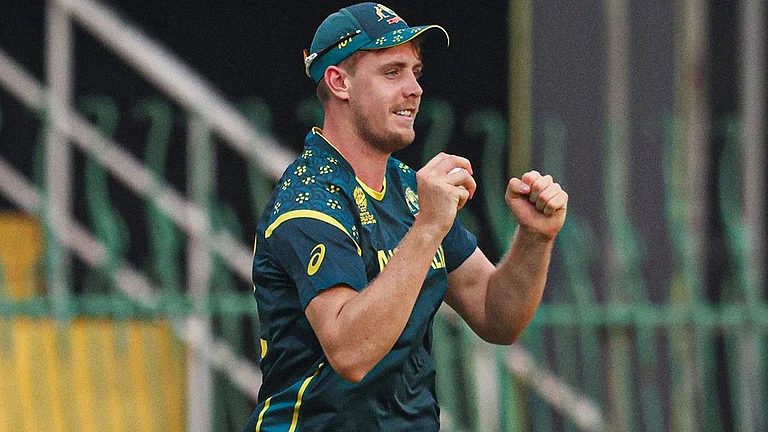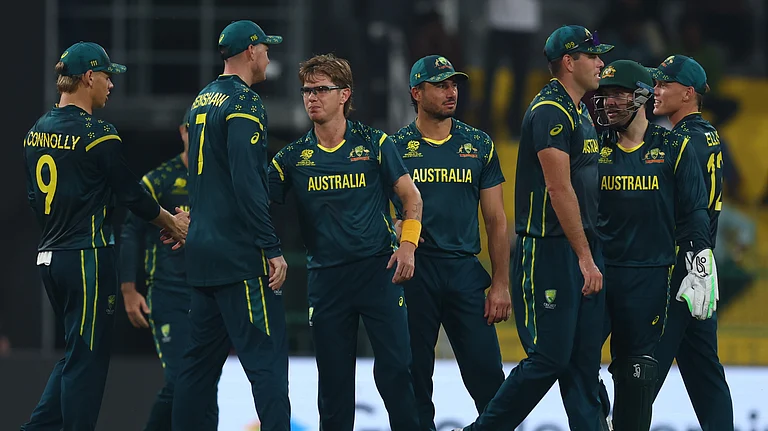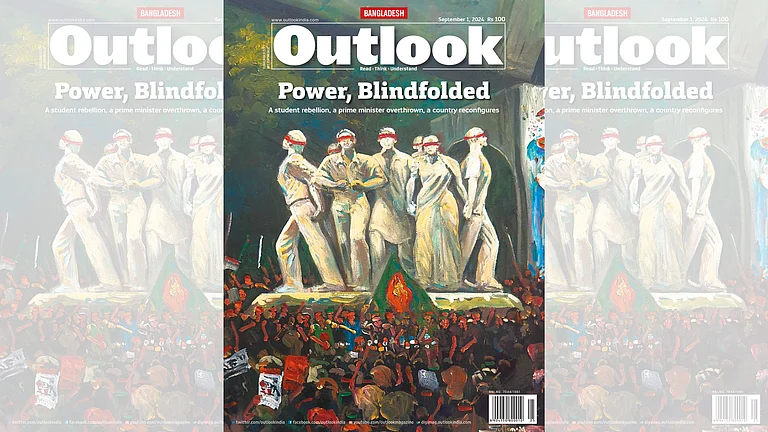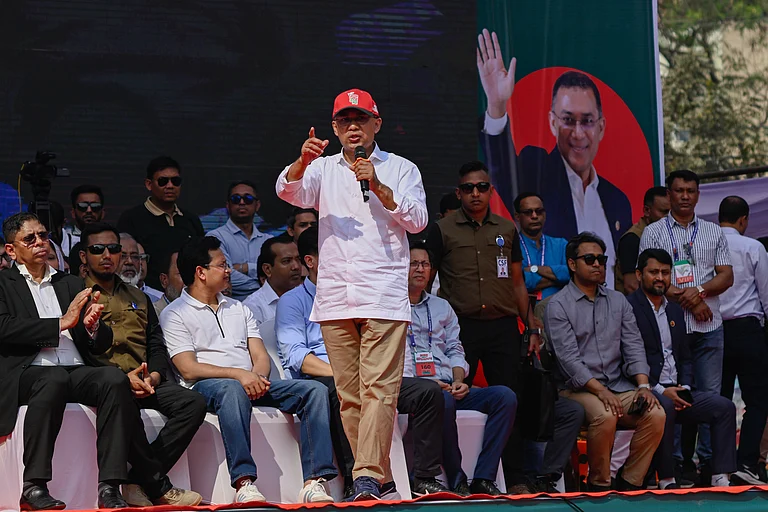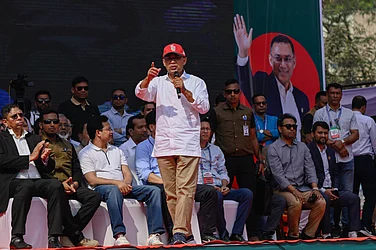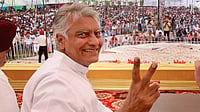From being a former Miss India finalist to cracking the UPSC Civil Services, Aishwarya Sheoran presents an inspiring success story. The 23-year-old former model, who secured 93rd rank in the 2019 civil service exams, is hoping to join IAS or IFS. In an interview with Outlook, Sheoran says that modelling was a hobby while joining civil services is a childhood passion.
You were a model and Miss India finalist in 2016. How do you feel about debunking one of the sexist myths that beauty and brains don’t go together?
When I started preparing for the civil services, I did not mean to break any stereotype. For me, it was a simple journey. I was always a studious child. At the same time, I used to be a good debater, and I was the head girl of the school. Even though I had science subjects, I used to participate in a lot of activities and my parents always encouraged that.
From being a nerd, you entered the world of modelling. How did the switch happen?
It was all about experiencing new things in life. For me, modelling was only a hobby. I got the chance to participate in Miss India pageant during my second year of college. Shri Ram College of Commerce (SRCC) also encouraged us to go out of our comfort zone and try things. I thought I should grab this opportunity. Since I was always into studies, I saw the modelling assignments only as a co-curricular activity. I used to go for ramp shows and it was all about the thrill of the ramp. I would come back as a normal girl and continue with my studies. My friends never made me uncomfortable about me being the centre of attention. In college, I had a normal life and things went smoothly. After I graduated in Economics Honours, I felt that I should pursue my childhood dream of joining civil services.
What sparked your interest in Civil Services?
It began after I visited Lal Bahadur Shastri National Academy in Mussoorie as a child. Later, when I was the head girl in school, I used to represent my school in different places. I have met bureaucrats, people in the higher positions and was inspired by the tremendous changes they are making in the system. My father, an Army officer, has a big role in my decision. I was always good at studies and debating, so I thought civil service is best suited for me. I started my preparation in May 2018 after my dad was posted in Mumbai.
For many, it’s an uphill task to crack the exams in the first attempt. How did you go about it?
I did not join any coaching centres. Coaching is a personal choice. Self-study always worked for me. However, I signed up for many mock tests online and attempted over 20 tests. I followed a 10+ 8+ 6 routine for the preparation. 10 hours of study, 8 hours of sleep, and six hours for other activities. I believed in a balanced approach.
Do you miss the ramp now?
I participated in the pageant in the second year of college and did modelling assignments for one and a half years. I have wrapped up all the modelling projects before I began my preparation for the exams. It’s over for me, and I am not going to pursue it any more.
The final interview part of UPSC exams is perceived to be the toughest. How did you crack it?
There were questions on Khap Panchayat, infrastructure, and education policy. I was asked ‘what would have been my education policy if I were the HRD minister?'
You said your goal is to empower women and bring changes in the system. How will it happen?
I think women empowerment is an inclusive term. All sections of society have to contribute towards it. Men also have to realise that the women of 21st century are not going to be confined to the four walls of the house and they are moving out. They are financially independent and surging ahead in all fields, working shoulder to shoulder with men. At a different level, society also has to change the mindset.
Around 70 per cent of India lives in villages and the empowerment should begin there. The Panchayati raj institutions and self-help groups play a significant role in this. With programs such as ‘Beti Padhao Beti Bachao’, the government is doing a brilliant job. It’s a bottom-up approach where local people and others actively take part. Change happens when women are provided education. It is a slow process. But with efforts of the government, things are speeding up.
What is feminism for you?
For me, it’s about treating men and women equally. When I say equally, it does not mean that women should start behaving like men or the other way round. Everybody should have the freedom to choose, and they should be respected for their choice. It goes for men also. We are the two sides of the same coin.
We have seen a few resignations from Indian Administrative Service (IAS) last year including Kannan Gopinathan. Do you think there is something wrong with the system?
Each person’s journey is different. Their journey and experiences may be different. I cannot speak for someone else. It may be a personal choice. I am a civil servant in the making and I have to be optimistic. If you have the determination and consider the Constitution as your only sacred book, then political pressure or corruption cannot shake you. I am well aware of where my objectivity lies. My only aim is to serve the nation and do my duty in the earnest manner possible.
Do you think the lateral entry in civil services will be a game-changer?
Lateral entry is not a new issue. Earlier also, reforms commissions have talked about it. It’s still in the initial stages, but I believe that lateral entry may help in infusing fresh talent and shake up the inertia of the bureaucracy. It’s a welcome change to invite competition and expertise in bureaucracy. At the same time, I see that the young civil servants, who are entering now, come with a lot of qualification. You can’t call them generalists any more. Some of them are doctors and engineers. I think it would be great if we can channelize their background and utilize it in certain departments. I think it’s up to the governments to decide.
Any message for the civil service aspirants?
The only way forward is to understand one’s capabilities and potentials well. Be your own self. Do not go by the herd mentality and always be the captain of your ship.







